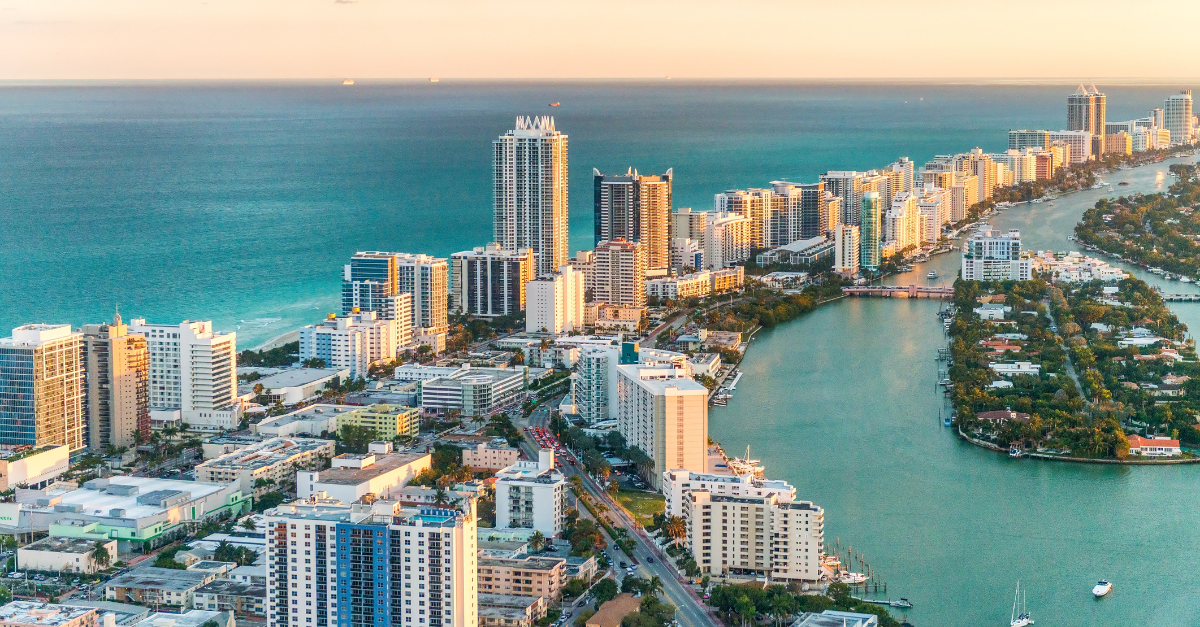This week I had the pleasure of joining an IBA panel with Nankunda Katangaza, Jacqueline Musiitwa, Ndjodi Ndeunyema, and Angela Kariuki to discuss climate change and the ESG agenda in Africa from a people, business and legal perspective. Our panel, steered by Ernst Muller, considered what lessons the world could glean from Africa when it comes to the regulation and implementation of sustainable development practices. The panel discussed the role that Africa’s mineral resources will play in the green energy transition, the management of relationships with local and indigenous communities, governance and the consequences where the rule of law is disregarded.
Listening to my fellow panellists, I was struck by two themes. Firstly, ESG seems to be on a self-correcting trend at the moment. This is normal for complex, important debates. What is worrying is the politicisation of ESG, which in some parts of the world has become a dangerous signalling issue. As a result, the concept of ESG is being debased. In African political circles, the signalling is different from that of the US for example. ESG is seen by some to be just another imposition by the Global North to weaken African development. While being sensitive to ensuring energy security and for the race to net-zero to happen at the right economic speed for developing countries, we need to be cautious around self-interests in keeping profitable fossil fuel industries alive.
Secondly, some panellists suggested that ESG should be renamed as EESG to account for the economic development. I think there is a good argument for this inclusion. But more importantly, it may be time to spin the letters ESG into GSE, with governance leading the way. We’ve seen over and over that poor corporate governance practices have stood at the core of some of the biggest corporate scandals. Business risk increases when public governance is weak. And without good governance, the social and the environmental S and G are without foundation.
Simon Wolfe, Managing Partner


